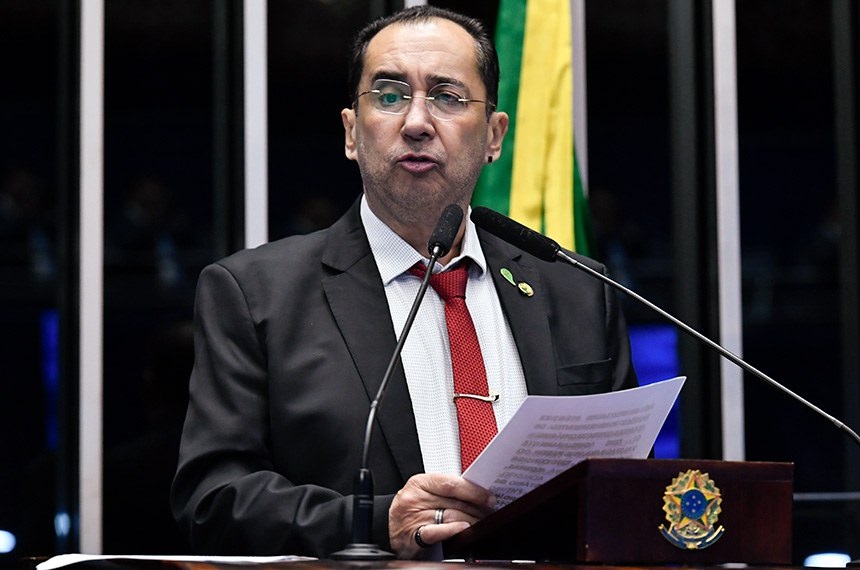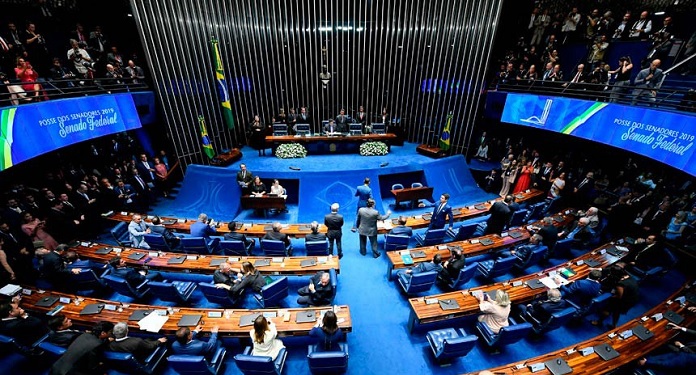Approved by the Chamber of Deputies, the bill that provides for the regulation of sports betting through a fixed quota, such as bets, may undergo changes in the Senate.
One of the points that must be changed by the senator is the amount to be transferred to Education (1.82%) while other areas such as social security (2%), security (2.55%), sport (6.63%) and tourism (5%) tend to receive a higher value.
The information is from Lauro Jardim’s Blog, in O Globo. According to the column, bookmakers will take 82%.
According to lawyer Ticiano Gadêlha, who represents a group that manages bookmakers, senators should reevaluate the project’s rates.
“The amount allocated to education is criticized especially for being behind social security, which only demonstrates the government’s urgency in resolving social security problems,” said Gadêlha in an interview with O Globo’s blog.
“The review in the distribution of values will be complex and should prioritize sports, the source of bets. Still, senators must retrace the path of money”, added the lawyer.
Processing of the proposal to regulate sports betting in the Senate
It is worth noting that the Senate has 45 days to debate the sports betting regulation project in the respective committees and in the House Plenary.
The proposal is expected to be voted on by the end of October.
This week, senator Jorge Kajuru (PSB-GO) was announced by the Brazilian press as rapporteur for the Federal Senate’s CAE (Economic Affairs Commission) bill.
Questioned by the Poder 360 portal, Kajuru stated that he is already preparing his opinion.

According to the text approved by the Chamber, bettors will need to pay 30% Income Tax on prizes greater than R$2,112, as proposed by the government.
While bookmakers will need to pay 30 million reais to acquire a license valid for three years to operate in Brazil. These points can still be changed in the Senate.




















































